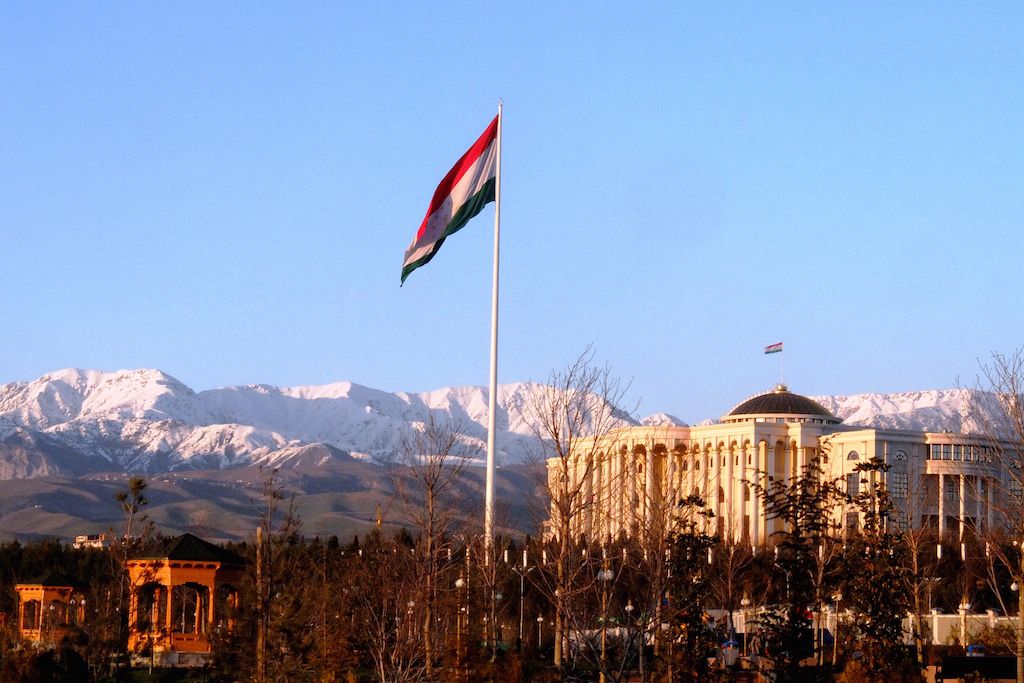DUSHANBE (TCA) — Urgent reforms are needed to improve Tajikistan’s economic competitiveness and diversification by unleashing the country’s potential for entrepreneurship and creativity. This may be achieved through creating an enabling environment for businesses, particularly for small and medium-sized enterprises that can provide the bulk of the employment the country needs, Chang Ching Yu, Asian Development Bank’s Country Director in Tajikistan, wrote in his article “Tajikistan: Never waste a crisis – see it as opportunity for reform”, published on the ADB official website on March 18.
“As often mentioned, the Chinese word for ‘crisis’ consists of two parts: the first means ‘danger,’ and the second implies ‘opportunity,’” Chang Ching Yu writes. “Whether such combination is a coincidence or reflects some deep-rooted wisdom is not the subject here. It does, however, apply very well to Tajikistan’s recurring economic challenges. The vulnerability of Tajikistan’s economy arises from the increasing consumption- and service-driven growth, and its inability to generate high-paying industrial jobs. From 2005 to 2014, the contribution of agriculture to GDP growth was 26.2%, while industry’s was only 1.2%. Services, including construction, expanded to 72.6% due to increasing remittances from migrant workers. In terms of total employment, the share of industry declined from 20.5% in 1991 to 4.1% in 2014, and services from 34.8% to 30.3%, while agriculture increased from 44.7% in 1991 to 65.5% in 2014.”
The ADB Country Director says that ADB, together with other development partners, has been supporting government-led reforms to improve the country’s investment climate. In 2015, ADB provided $60 million to promote reforms to reduce the costs of doing business, strengthen protection of business from misappropriation, and increase innovation and knowledge of external markets. However, businesses continue to face challenges in Tajikistan, and further reforms need to be pursued with greater vigor and pace. For example, many legally registered companies are currently facing heavy taxation burdens and irregular tax collection methods that have created opportunities for corruption. On the other hand, a large number of businesses are operating underground, without paying taxes. Firms also face challenges in foreign exchange restrictions, high financing costs, and poor power supply during the winter months.
“ADB’s Country Partnership Strategy 2016-2020 for Tajikistan, which is being finalized, will likely aim to help the government achieve sustained and inclusive growth, which will be less susceptible to external shocks and create higher-paying jobs. This will be done through continuing to invest in infrastructure rehabilitation, coupled with supporting reforms to improve the investment climate,” he wrote.



